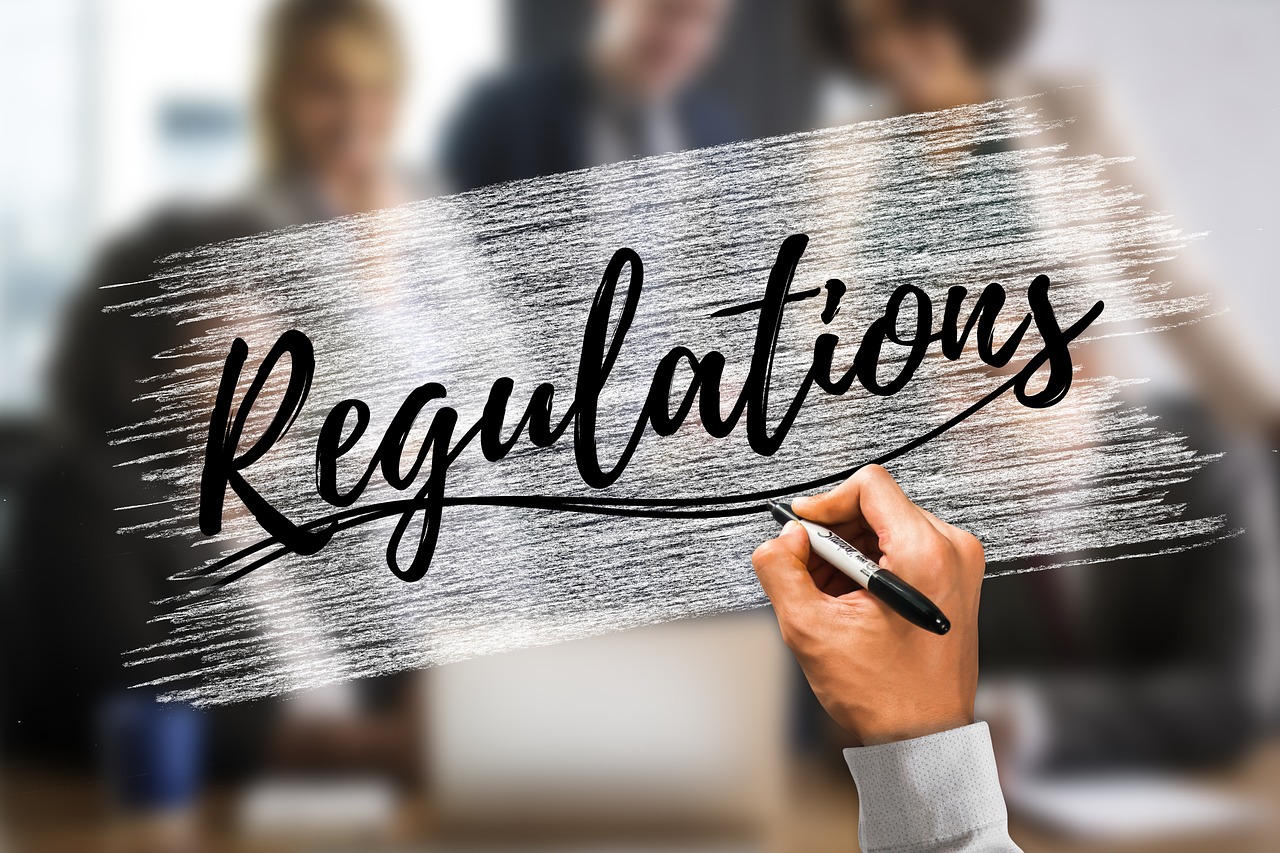How to Obtain a Boating Registration in Virginia
So, you’ve decided to hit the waters of Virginia with your new boat, but now you need to figure out how to get your vessel registered. Don’t worry, the process is straightforward as long as you follow the regulations set by the Virginia Department of Game and Inland Fisheries (VDGIF). Let’s break it down for you step by step.
Registering Your Boat
Before you can take your boat out for a ride in Virginia waters, you need to make sure it is properly registered with the VDGIF. This applies to any motorized vessel, sailboat over 18 feet in length, or any sailboat that uses a motor. The registration process involves filling out an application form, providing necessary documents, and paying the required fees.

Required Documents
When you are ready to register your boat in Virginia, you will need to have the following documents in hand:
- Proof of ownership (e.g., bill of sale, title)
- Completed boat registration application form
- Proof of payment of sales tax (if applicable)
- The hull identification number (HIN)
- Any required inspection certificates
Make sure you have all the necessary documents ready to avoid delays in the registration process.
Boat Registration Fees
The fees for registering your boat in Virginia vary depending on the type and size of the vessel. These fees go towards supporting important programs such as boating education and waterway management in the state. Be prepared to pay these fees when you submit your registration application.
Where to Register Your Boat
You can register your boat in Virginia at any local Department of Motor Vehicles (DMV) office or at a certified boat registration agent. Make sure to bring all the required documents and fees with you when you go to register your vessel.
Understanding Boat Registration Numbers
Once your boat is registered in Virginia, you will receive a set of registration numbers that must be displayed on both sides of the forward half of the vessel. These numbers serve as identification for your boat and must be clearly visible and in contrasting color to the hull to ensure they can be easily read from a distance.
Displaying Your Registration Numbers
When displaying your boat registration numbers, make sure to follow the guidelines set by the VDGIF. The numbers must be at least three inches high and displayed in a block font. They should be placed where they are easily visible and conform to the color and spacing requirements outlined by the VDGIF.
Renewing Your Boat Registration
Once you have successfully registered your boat in Virginia, you will need to renew your registration annually. The renewal process ensures that your vessel remains compliant with state regulations and allows you to continue enjoying the waters of Virginia legally.
Renewal Process
To renew your boat registration in Virginia, you will receive a renewal notice in the mail approximately 60 days before your registration expires. You can then renew your registration online, by mail, or in person at a local DMV office. Make sure to keep an eye on the expiration date of your registration to avoid penalties for late renewal.
Late Renewal Penalties
If you fail to renew your boat registration on time, you may be subject to late renewal penalties. These penalties can vary depending on how long you have allowed your registration to lapse. To avoid unnecessary fines, make sure to renew your registration before it expires.
Boater Education Requirements
In addition to registering your boat in Virginia, you must also comply with the state’s boater education requirements. These requirements are in place to ensure that boaters have the necessary knowledge and skills to operate their vessels safely on Virginia waters.
Who Needs Boater Education?
If you were born on or after July 1, 1972, and are operating a motorized vessel in Virginia, you are required to complete a boater education course approved by the National Association of State Boating Law Administrators (NASBLA). This course covers important topics such as navigation rules, safe boating practices, and emergency procedures.
Exemptions
There are some exemptions to the boater education requirement in Virginia. For example, if you are a non-resident boater who has successfully completed a NASBLA-approved boating safety course in your home state, you may be exempt from the Virginia boater education requirement. Make sure to check with the VDGIF to see if you qualify for any exemptions.
Obtaining Boater Education
To obtain your boater education certificate in Virginia, you can take an approved course online or in person. Once you have completed the course and passed the exam, you will receive your certificate, which must be kept on board your vessel whenever you are operating it.

Boating Safety Equipment
To ensure your safety and the safety of others while boating in Virginia, you must have the necessary safety equipment on board your vessel. The equipment requirements are in place to help you respond to emergencies and navigate the waters safely.
Required Safety Equipment
Some of the required safety equipment for boating in Virginia includes:
- Personal flotation devices (PFDs) for every person on board
- Sound-producing devices, such as a whistle or horn
- Visual distress signals
- Fire extinguisher
- Navigation lights (for operating at night or in reduced visibility)
Make sure you have all the required safety equipment on board before you head out on the water to avoid penalties for non-compliance.
Boating Regulations and Rules
When boating in Virginia, it is essential to be familiar with the state’s boating regulations and rules. These regulations are in place to promote safe and responsible boating practices and protect the natural resources of Virginia’s waterways.
Speed Limits
One of the common regulations that boaters must adhere to in Virginia is speed limits on certain bodies of water. Speed limits help ensure the safety of boaters and other waterway users, as well as protect sensitive habitats and wildlife along the shores.
No-Wake Zones
No-wake zones are designated areas on the water where boaters must operate their vessels at a slow speed to prevent excessive wakes. These zones are typically found near marinas, docks, and swimming areas where high speeds could pose a danger to people or property.
Alcohol and Boating
Operating a boat under the influence of alcohol is illegal in Virginia and is considered boating under the influence (BUI). Boaters caught operating a vessel while intoxicated can face severe penalties, including fines, license suspension, and even imprisonment. Always designate a sober operator when boating in Virginia.

Conclusion
Navigating the waters of Virginia can be a rewarding experience, but it is essential to follow the regulations for obtaining a boating registration to ensure a safe and legal outing. By registering your boat, complying with boater education requirements, and equipping your vessel with the necessary safety equipment, you can enjoy the beauty of Virginia’s waterways responsibly. Remember to always respect the rules and regulations of the water and be courteous to other boaters to make every trip a memorable one. Safe travels on the water!





